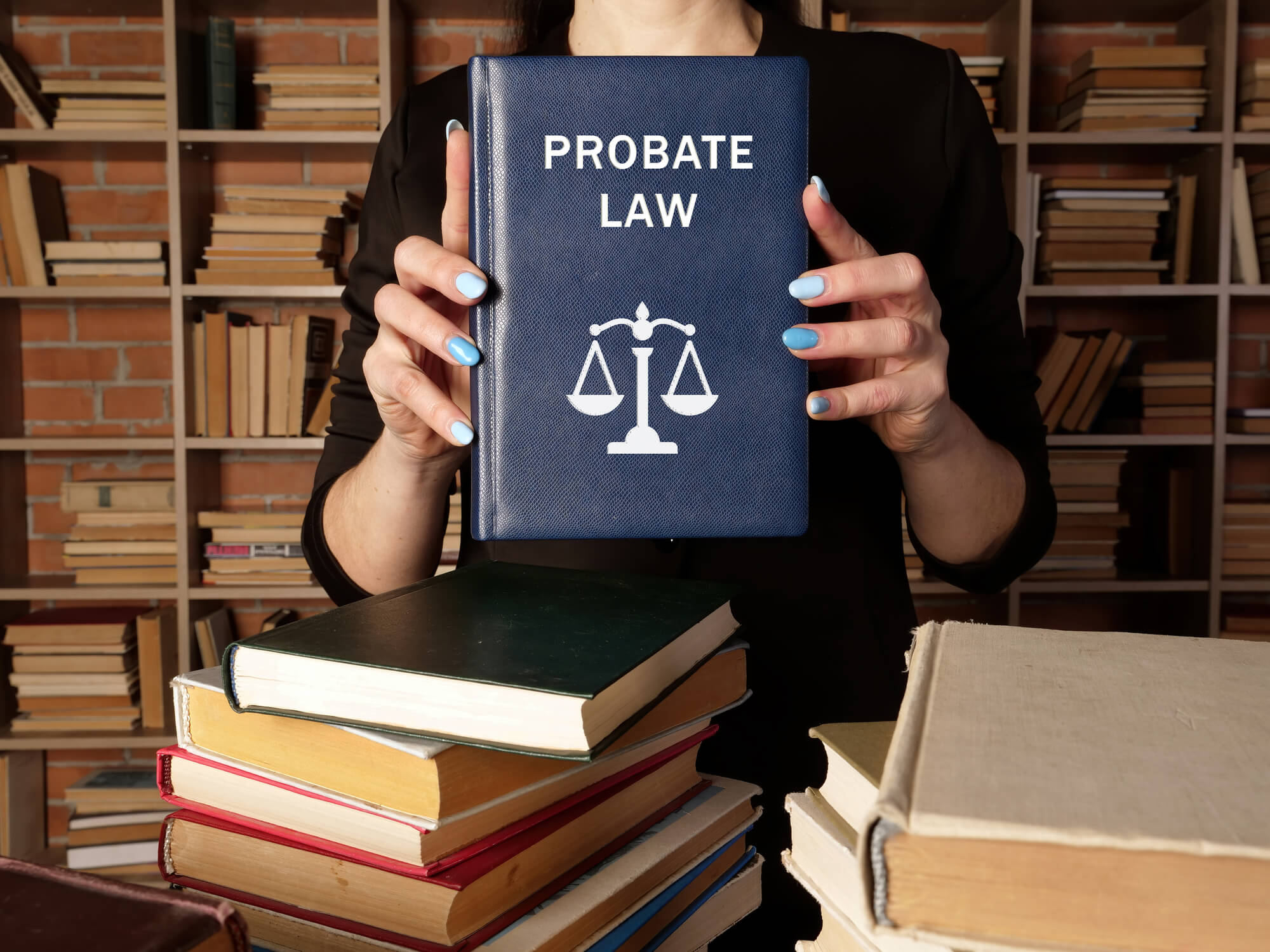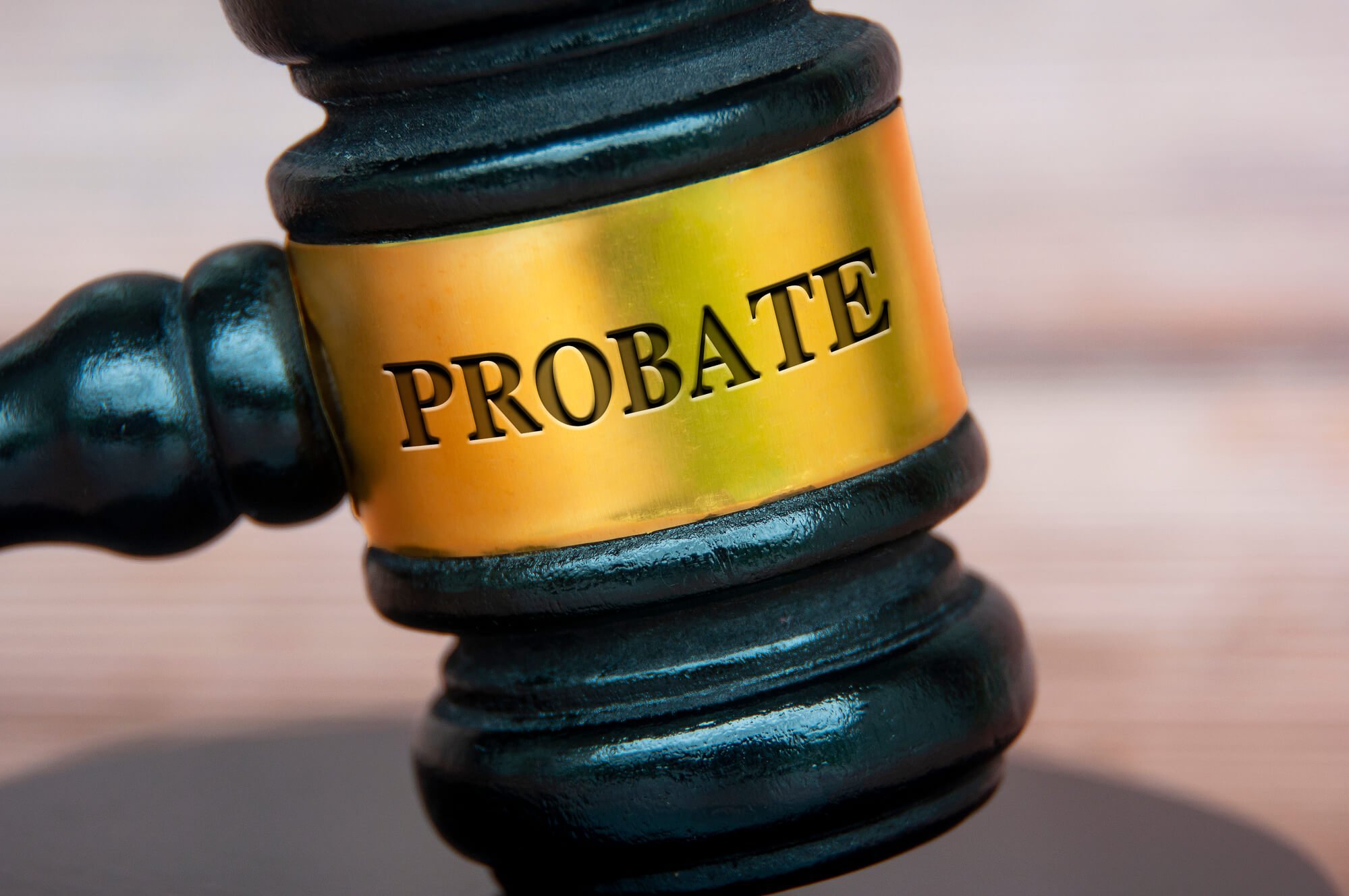What does it mean when probate is granted? Once probate is complete, this means that you or the solicitor have the legal right to administer the deceased’s estate(property, money and possessions). If the person left a will, you’ll get a grant of probate, if there was no will left then a letter of administration is what is issued.

A personal representative is also known as an executor(if there’s a will) or administrator(if there’s no will). He /she is the one who undertakes the responsibility of administering the estate. Understanding what is a probate is important as it will help you understand how to go about it once probate has been granted.
But before that, you will need probate valuation of property so that you can submit the report to the probate registry. After probate granted now what? This is a question that many people tend to ask. Once this is done, the personal representative of the estate can now gather the deceased’s assets ready to be cashed, transferred or sold.
The first thing that should be done after receiving the grant of probate or letter of administration is to inform all interested parties. Copies of the grant of probate should be sent to all liability(if any) and asset holders with a request to release funds. You should also place a statutory advertisement on the gazette and local press for creditors and other claimants to come forward.
Call now to see how we can help
0207 706 7554
Below are some of the things to be done during the estate administration process after being grant probate:
- Closing bank accounts and cashing life insurance or pension policies. Where a large sum of money is to be paid to the estate, a grant of probate is needed so that the funds can be released. In both cases, this happens when the sum held by the institution is more than the threshold they have.
In some cases, where the amount held does not exceed the limit, then the amount can be withdrawn without needing any probate. - Selling property. If need be, the executor will now have the authority to sell or transfer any property that was owned by the deceased.

The executor can now administer the estate once all the money has been received into the estate accounts. It is at this point that any outstanding debts or taxes should be cleared. Below are some of the things that should be done once the money has been received:
- Clear any funeral expenses. If there were any outstanding funeral fees, then this is the time to clear them.
- Pay up any taxes that are due. This is for any inheritance tax or outstanding income tax.
- Pay off any creditors. This includes any loans, mortgages and outstanding debts.
- Distribute the estate among the beneficiaries. Once the debts have been paid, the executor can now distribute what is left in the estate among the beneficiaries. If there’s a will, then the estate will be distributed according to the requirements in the will. In cases where there’s no will after someone dies, then the beneficiaries are determined through the rules of intestacy.
If it’s a situation where you need any help with the probate process, probate solicitors can help make the work easier. They can always help out with the estate administration process if it seems hard. If you encounter any problems, you can seek advice from probate advisors so that they can guide you through the process.
How long do banks take to release money after probate has been granted?

Every bank has a threshold which determines whether there will be a need to have any probate or letter of administration before withdrawing any money from the deceased’s account. If the amount of money does not exceed the threshold limit, then one only needs a death certificate to make the withdrawals.
If the amount exceeds the threshold, then you will need to have a grant of probate or letter of administration to access the deceased’s account. Once the bank has received all the necessary documents, then the money will be released within 10 to 15 working days.
The bank or any financial institution for that matter should be informed of the persons’ demise as soon as possible. This is so that they can freeze the accounts of the departed immediately. The executor or administrator has the responsibility to notify the bank.
Once the bank has been given an original or certified copy of the certificate of death, they can stop any future payments from being made by freezing the deceased’s account. Considering the fact that each bank has a different threshold, it’s always good to determine this so that you can know if you’ll need a grant of probate or not.
The requirements to either release money or close bank accounts are different for every bank. You will be told the documents needed depending on the bank. Some of the documentation you’ll need to submit include the following:
- Certificate of death
- A duplicate of the will(if there’s one)
- The executors’ identification
If it happens that the bank doesn’t need probate to be granted, then it might ask the executor to sign an indemnity. This will protect the bank if it turns out the money was paid off to the wrong person.
In some cases, the bank can release the money to pay any inheritance tax or expenses of the funeral if there’s a tax inheritance bill or funeral bill. Once the bank receives the required documents, they shall be able to release the funds.
If the details on the documents submitted are incorrect or have issues, then the bank will certainly take a longer period to release the money other than the usual 10 to 15 working days.
How long does it take to distribute the estate once probate is granted?

In most cases, the complexity of the estate determines the duration it’s going to take to distribute the estate among the beneficiaries. For a small estate where there’s no property, it might take around three months for the beneficiaries to get their inheritance.
Usually, it takes around 6 to 9 months to distribute the estate once probate is granted, but all this is highly dependent on how complex the estate is. For some, it can take up to years before the probate process can be completed, thus delaying the property and estate administration.
It takes around 3 to 6 weeks to collect some of the straightforward assets such as money in the bank. In cases where there are assets like shares, property and other assets, or property abroad, the duration may be longer than anticipated.
Issues that may delay the distribution of an estate once probate is granted.
Below are some hurdles that can pop up and in turn, result in a delay in the estate administration:
- Selling the shares. This can be a time-consuming process since it involves a lot of paperwork. It can even take a longer period if the shares certificate is lost and a search has to be conducted for it to be replaced.
- Selling property. This can also lead to a delay in the time it takes to distribute an estate since it takes time to find a buyer.
- Statutory advertisements. Considering the minimum duration set for creditors to come forth is two months, it might lead to a significant delay in the estate administration.
- Investigations by the Department for Work and Pension(DWP). If they decide to investigate whether they have overpaid the benefits to the deceased, it might lead to an additional six to nine months to the probate process.
- Claiming the life insurance policies. There are often many questions asked on the circumstances surrounding the death before determining who to pay.
- Locating estranged beneficiaries. It might take time tracking a missing beneficiary hence delaying the distribution process.
- Anyone contesting the will. This might prolong the whole process since all issues have to be settled.
Once all this has been sorted and all the debts and taxes have been cleared, then the beneficiaries can get their share of the estate.
Discussed above is an important explanation of what happens after probate is granted. Knowing what happens during and after the probate process is essential as it will guide your decision-making process. You will also learn the importance of valuing personal property for probate at the correct figure in case of any tax obligations.
At Clearance Solutions, we know and understand the importance of valuing your chattels and house contents on the correct basis. We provide you with an accurate valuation of house contents to combine with the total value for the rest of the estate. Rest assured you won’t be getting into any trouble with the HMRC either. Our services are hassle-free and reliable, making your probate process easy.











